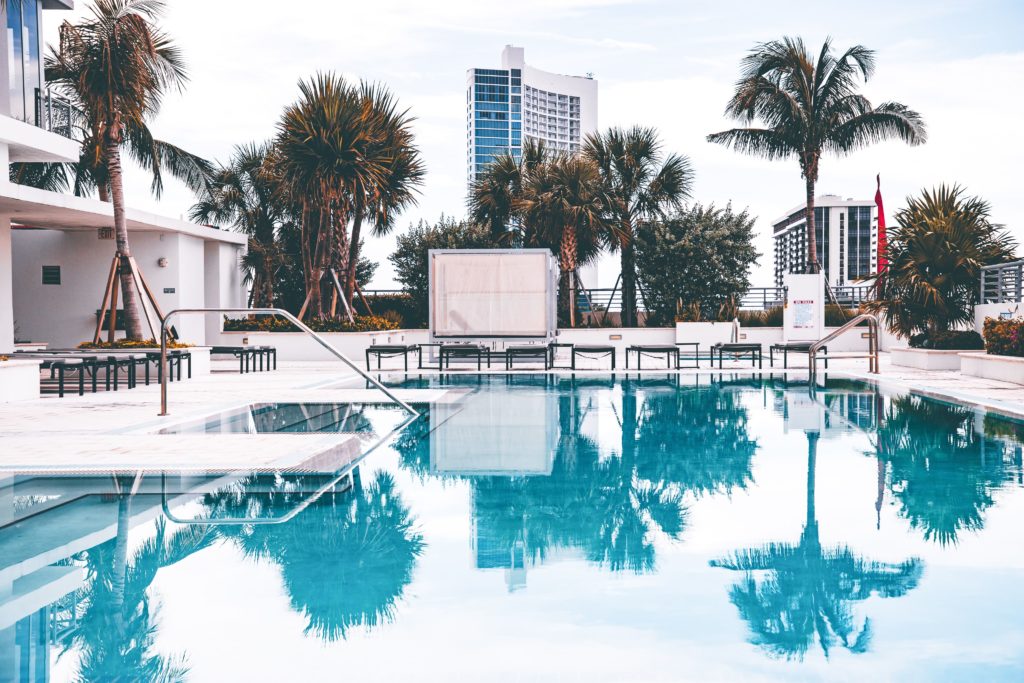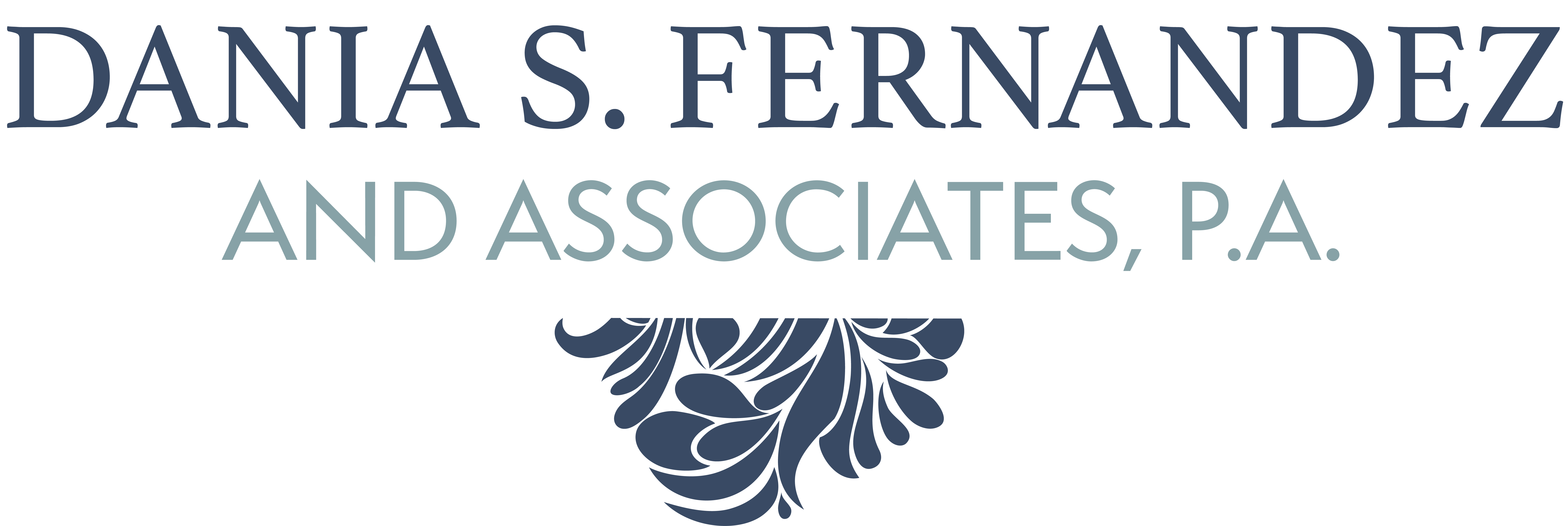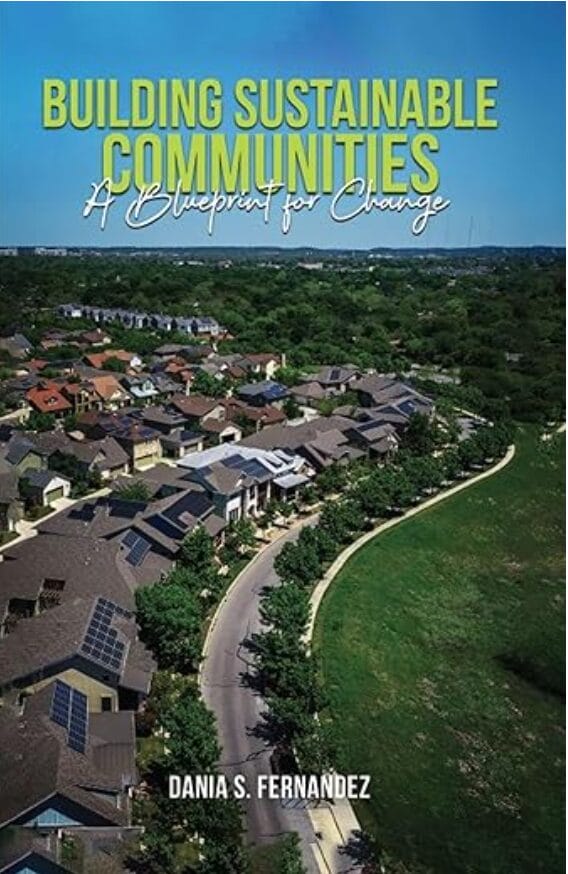
Your condo association has this stash of money set aside called the reserves. You and many other members think that money should go toward a new paint color in the fitness center. That old pea green just isn’t doing it for you. You should be able to use those reserve funds for that, right?
Well, it depends.
Florida has strict statutes set in place that dictate what reserve funds can be used for. In general, this is a good thing. Reserve funds aren’t meant for small projects or non-essential beautification. They’re set aside for the big expensive stuff that comes down the line every several years or several decades – like a new roof, fixing the HVAC system or major repairs on the pool. The statute language calls these “capital expenditures and deferred maintenance.”
In fact, borrowing from the reserves for any unauthorized purpose is generally prohibited. To use reserves for reasons outside the authorized purpose requires a special process.
Let’s get into the specifics of the Florida laws on what condo association reserve funds can be used for.
Authorized reserve expenditures
To find out what “authorized reserve expenditures” are we (where else?) to the Florida Statutes. In particular, Fla. Stat. § 718.112(2)(f) tells us everything we need to know.
The statute states very specifically what the authorized expenditures can be: “These accounts must include, but are not limited to, roof replacement, building painting, and pavement resurfacing, regardless of the amount of deferred maintenance expense or replacement cost, and any other item that has a deferred maintenance expense or replacement cost that exceeds $10,000.”
When it comes to the use of reserve funds the Board has a fiduciary duty to ensure that reserves are used properly and in the best interest of the association. Therefore, a large amount of the responsibility in determining legitimate use of the reserve funds is placed on the BOD’s shoulders.
What about unauthorized expenditures?
Any use outside of the scope of authorized expenditures requires approval in advance by a majority vote. These circumstances come up on an individual basis but when they do it’s a very good idea to consult with a community law attorney to determine if the use of reserve funds is in accordance with state law.
In addition to a majority vote, the statutes even specify that the voting documents need to have special language giving owners fair warning of the risks inherent in borrowing money from the reserves for unauthorized purposes.
Reserve funds are a crucial aspect of a condo association’s budget. Though reserve funds may be used for purposes outside of the authorized expenditures, it’s a big decision that should be well-researched and thought out.
If your condo association wants to use reserves for other purposes, talk with us first and we can help you decide if this is in the best interest of your community.
The bottom line is, don’t forget about reserves. Reserve funding should be part of the budgeting process. Though the law allows flexibility on how, whether, and how much to fund reserve accounts, associations should not leave these decisions to the last minute because reports, calculations, potential owner votes, and time-sensitive coordination of these will ultimately be needed in order to fund them properly.


Can our reserves be used to pay the increase in our Condo hurricane insurance.
It is going to be approx. 100% increase.
Im trying to find the same answer our 3 person board devided to use all our reserves to pay gor the liability policy without asking anyone else now we have nothing left in our teserves
Im trying to find the same answer our 3 person board decided to use all our reserves to pay gor the liability policy without asking anyone else now we have nothing left in our reserves
Im trying to find the same answer our 3 person board decided to use all our reserves to pay gor the liability policy without asking anyone else now we have nothing left in our reserves
Get rid of your Board
Can Reserve funds be used for repairs or partial replacement of items such as roads, roofs and siding>
Can we use reserve funds to pay property insurance budgeted but not yet received. Funds will be returned long before they are needed. The exact amount leveraged is due from monthly assessments thru the end of this calendar year.
Must the board get three quotes on large expenditures? Also should they have board to approve contracts?j
Can our reserve funding be used to install a well pump in our pond that will be attached to our irrigation system. We are not due to replace our irrigation system until 2048 This will help ease the cost of our current water bill.
Can any of the reserve fund expenditures like painting the buildings be done without a vote from the community?
We have concrete tile roofs in our condo complex in Cape Coral. The roofs were recently cleaned to remove mildew etc. in the amount of roughly $50,000. I assume this is an operating expense since it is maintenance. Could this be paid out of reserves?
Pooling reserves; Presently each building in our condo community in Sunrise, Florida has their own reserve budget. Some have had full reserves for years, others have had half reserves and like our building we have only had half reserves this past year. Before this, we had NO reserves. The HOA is talking about pooling all the building reserves. Proxies will be sent out and need full votes. What do you think?
Pooling reserves; Presently each building in our condo community in Sunrise, Florida has their own reserve budget. The HOA is talking about pooling all the building reserves. Proxies will be sent out and need full votes. What do you think?
The condo association is expecting 3000 dollars at closing then 350 dollars every month . ?
can the board take say $6.000 out of the reserves to cover patio furniture without asking the members in a condo assoc, over 100 units if that helps, thanks
We have concrete tile roofs in our condo complex in Bradenton. The roofs were recently cleaned to remove mildew etc. in the amount of roughly $30,000. I assume this is an operating expense since it is maintenance. Could this be paid out of reserves?
747604 300625jobs for high school students – Search for Jobs on our web site, we offer several great links to the greatest and biggest Portals to obtaining a Job as a high school student! 272305
We had a budget meeting and in the same budget meeting they asked for a vote for the money left over from an insurance payment to be included in our budget for the following year, we have never reserved in the past over $200,000. We are a small boutique condominium of 18 and only $3000 was offered to each unit in which owner’s present forfeited it future items such as the Sirs reserves, which would more then cover this coming year as well.
however, items-normally reserved throughout the year were placed twice in the coming year. And possibly for big ticket items if they break down ( something normally we have a special assessment for repairs) also what we have done in the past is a special reserve such as a termite tent.
I see no reason why the present owners would have to forfeit the money for possible future owners.
Is it a requirement to have had a separate meeting for these funds to know where they’re going to be used and is it legal to do it in the same budget meeting? Since a majority vote of owners need to agree on the proposed money left over from Insurance.